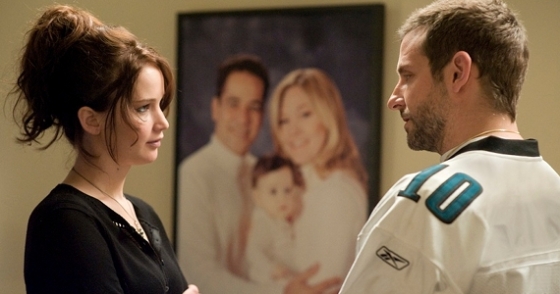Zero Dark Thirty opens with a black screen and some audio from 911 calls made from the Twin Towers on 9/11. This is cinema verité, as the film uses real footage to punctuate its dramatisation of the hunt to find and kill Osama bin Laden for crimes against humanity – or really, against America.
This is not a polemical film. Quite the opposite – through the torture, the explosions, the gunfire, Kathryn Bigelow’s direction provides a dispassionate view. For some people, this hasn’t been enough – if a movie is going to depict torture, they seem to think it has to be unequivocal in denouncing it. Zero Dark Thirty isn’t trying to raise a political agenda, however – it’s about trying to tell the story of what happened.
Unlike My Esteemed Colleague, the movie I thought of while watching it was Argo. Both attempt straightforward accounts of US secret operations, one a hidden rescue mission from a brief period of time over thirty years ago, one a fairly public manhunt that spanned the decade of most recent memory. But both are attempting an authenticity, attempting some simple recreations of real events, without overly garnishing the narrative.
However, while Argo eventually succumbs to some Hollywood mythmaking, Zero Dark Thirty ends completely differently. After its somewhat low-key beginnings, the movie shows the invasion of the infamous compound in Abbottabad and refuses to glorify it. The music – already only sparingly used in the film – goes silent, the screen spends a lot of time in night vision, and in painstaking, matter-of-fact detail, we get to accompany the marines.
Zero Dark Thirty is a terrific film. The cast is excellent, though it can be a bit distracting as each new, recognisable face appears, as even many minor characters were familiar. It’s not a film about surprises (especially if you remember your dates), though you are guaranteed to jump at least once and foreknowledge definitely increases the tension at other points. But above all, it seems it wants to present a series of events and let the audience make their mind up about them, as it defiantly doesn’t sign-post how you should be reacting.
Intense, disquieting, intelligent. Definitely worth seeing.



